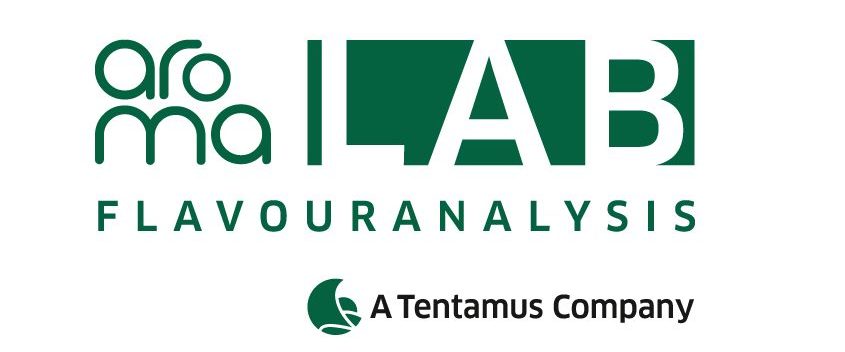Just in time for the blossoming time of many plants containing pyrrolizidine alkaloids, the Federal Institute for Risk Assessment (BfR) is publishing a current risk assessment on the subject. The background is a publication by the European Food Safety Authority (EFSA) last year, which differed from the BfR’s 2011 risk assessment.

Pyrrolizidine alkaloids (PA) are potentially carcinogenic and therefore undesirable in food. However, there are no limit values for PA in food, only a recommendation of the BfR from 2011. Herbal teas and teas as well as honey have been identified as main sources. Recent studies also show that dietary supplements (NMPs), especially those produced directly from plants containing PA, can also pose a risk.
Main parts of the statement:
- BfR accepts new baseline for risk assessment as applied by EFSA. This is approx. three times higher than the initial value previously used by the BfR.
- This also implies an increase in the recommended value of 0.007 µg/kg PA per kg body weight from 2011, although this was not explicitly stated by the BfR. Instead, the BfR continues to emphasize the ALARA principle (as low as reasonably achievable).
- Furthermore, as with EFSA, it is assumed that all PA („equipotence“) have the same toxicity, since the data situation is currently not sufficient for the calculation of power factors for individual PAs.
- Dietary supplements, especially from plants containing PA, are problematic (except oil-based supplements)
- Even if the proposed limit value for supplements of 1000 µg/kg is complied with, it can contribute significantly to the total PA pollution and exceed the contribution from foodstuffs many times over.
- BfR considers stricter evaluation criteria for PA in NEM to be useful.
- BfR recommends to not use supplements from plants containing PA.
- The Health Based Guidance Value (HBGV) of 0.1 µg/kg body weight per day does not change because it is calculated on the basis of non-neoplastic (non-carcinogenic) effects, but this current risk assessment deals with the carcinogenicity (cancer production) of PA.
„Quality Services International GmbH (QSI) in Bremen has been intensively involved with PA for ten years and analyses these substances beyond the scope of analysis recommended by BfR and EFSA,“ explains PA expert Arne Dübecke.
In addition, a large number of different products are tested for PA: „QSI analyses mainly honey, pollen, herbal tea and tea, but increasingly also spices, kitchen herbs and food supplements for PA. In addition, we also offer customized solutions for specific matrices,“ assures Gudrun Beckh, Managing Director of QSI.
Source: https://www.tentamus-web.com/pyrrolizidine-alkaloids-bfr/

